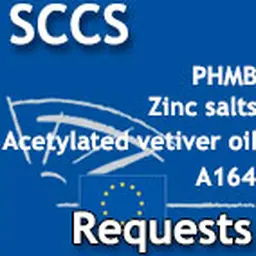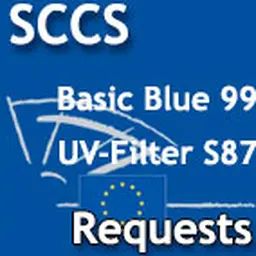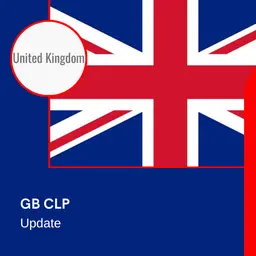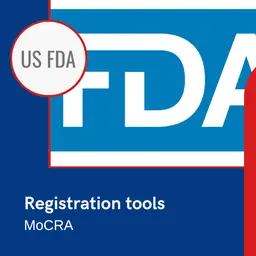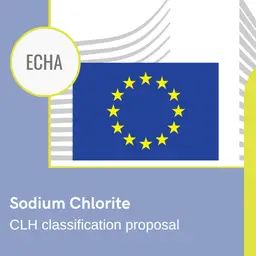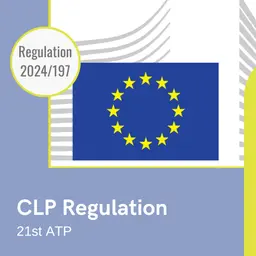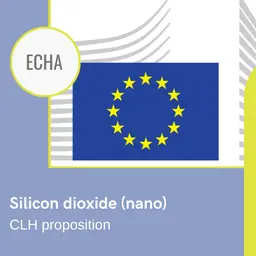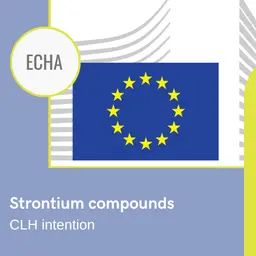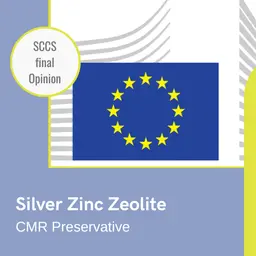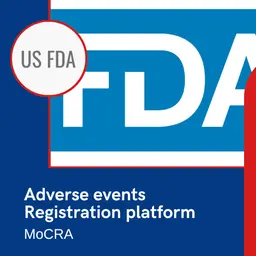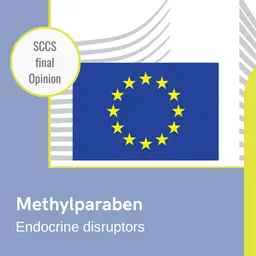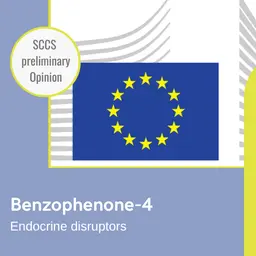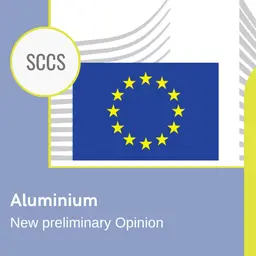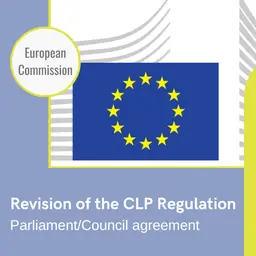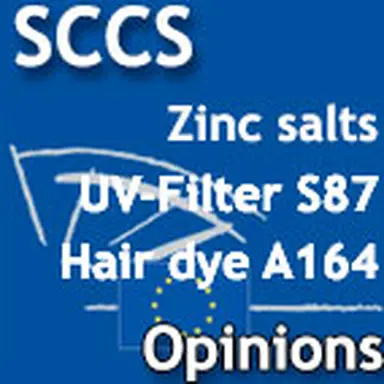
On 13 March 2017, the SCCS published its Opinions on the water-soluble zinc salts used in oral hygiene products, the UV-Filter Methoxypropylamino Cyclohexenylidene Ethoxyethylcyanoacetate (S87), and the hair dye substance Dimethylpiperazinium Aminopyrazolopyridine HCl (A164), adopted its plenary meeting of 7 March 2017. These Opinions are open to comments until May 14, 2017.
Water-soluble zinc salts used in oral hygiene products
Background
Water-soluble Zinc salts, including amongst other Zinc acetate and Zinc chloride with the exception of Zinc 4-hydroxybenzenesulphonate and Zinc pyrithione, are regulated in entry 24 of the Annex III of the Regulation (EC) 1223/2009. They are currently allowed for use in cosmetic products in concentrations of up to 1% as Zinc with a wide range of functions ranging from antioxidant to antimicrobial and skin protecting.
In July 2014, the German authority, Federal Institute for Risk Assessment (BfR), has submitted a dossier expressing potential safety concerns related to the use of Zinc salts in oral products such as toothpastes and mouthwashes. […] To minimize the potential risks, BfR has proposed to lower the maximum Zinc concentration to 0.1% in oral hygiene products for adults while free Zinc should not be present in these products for children and young people aged under 18.
In February 2016, Cosmetics Europe has transmitted an aggregate exposure assessment for children and adults to demonstrate that the combined exposure from food as well as oral care products, at the current allowed concentration of up to 1% as Zinc in toothpastes is safe across all age groups. On the …

